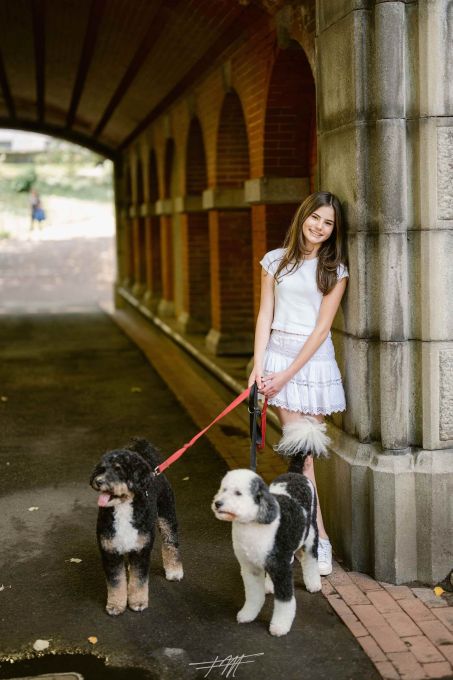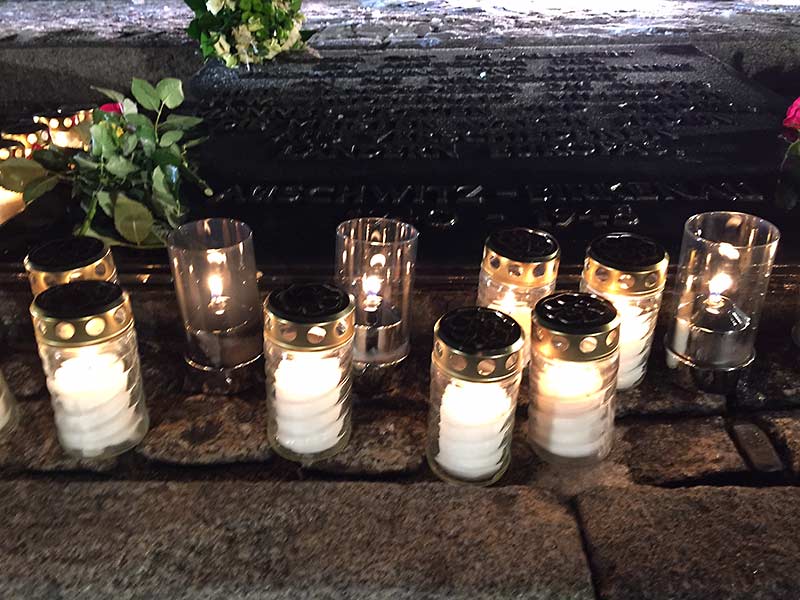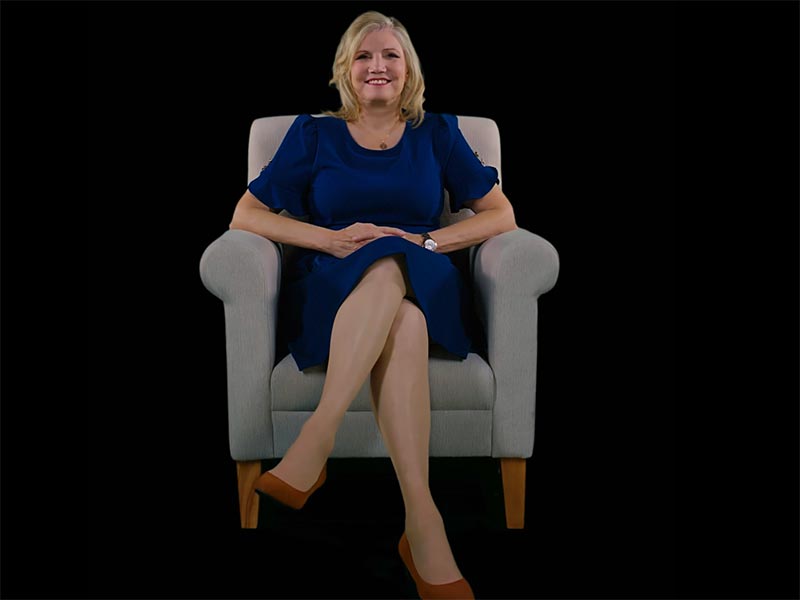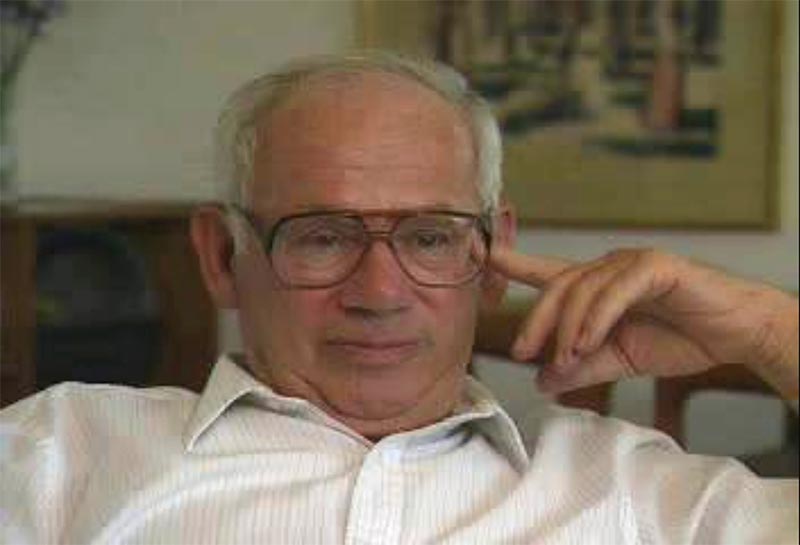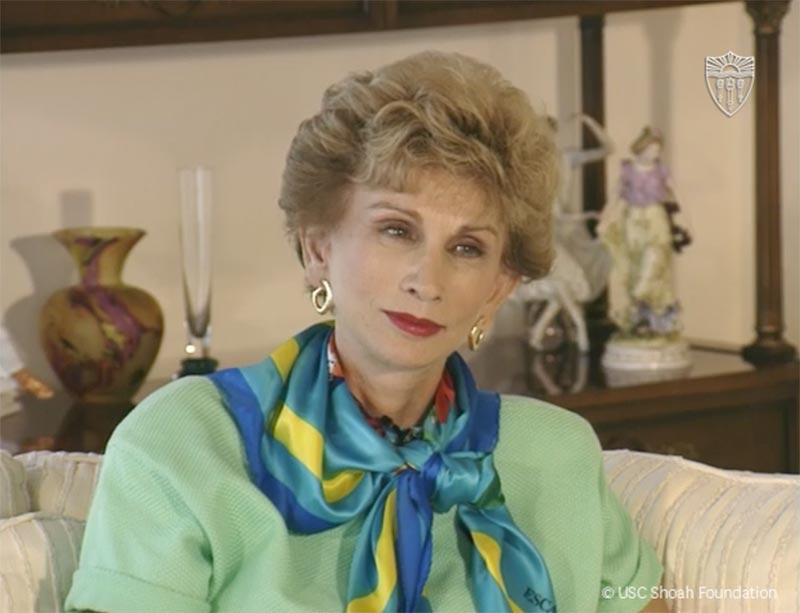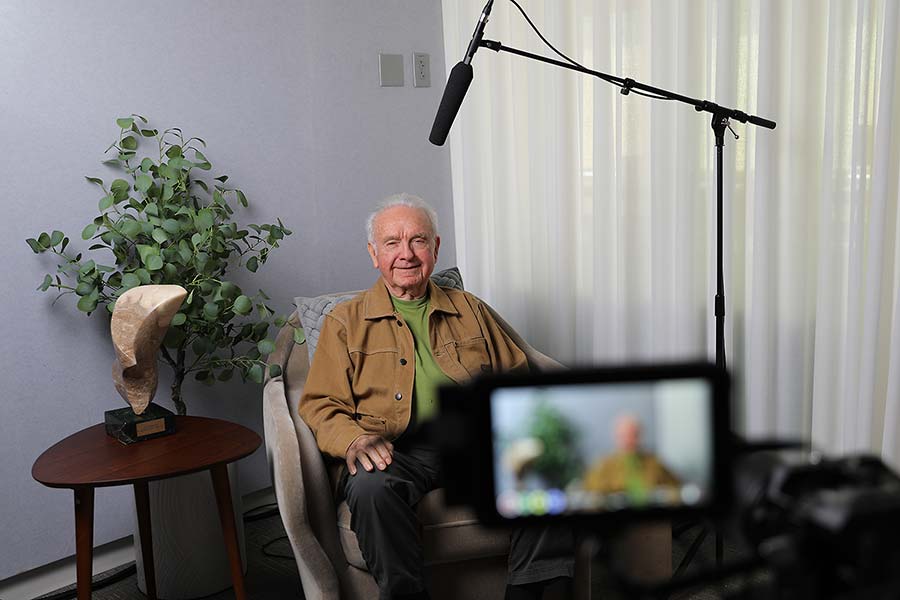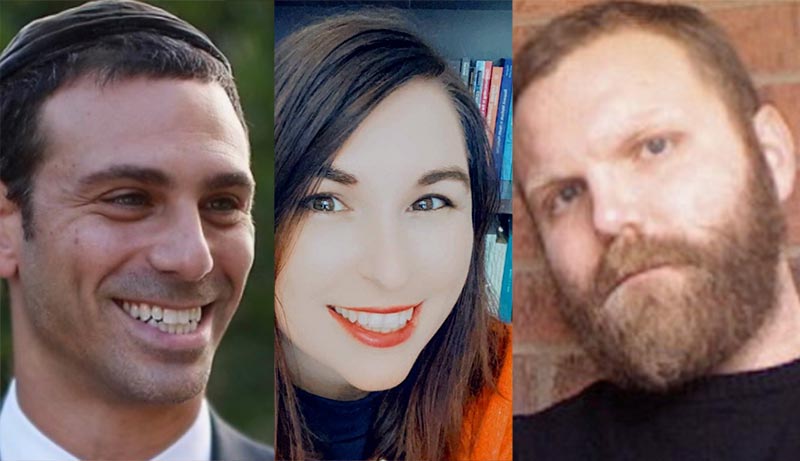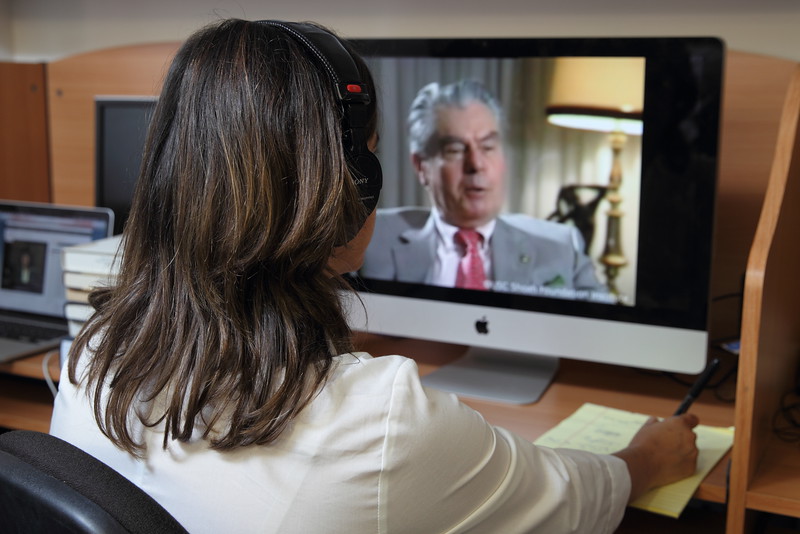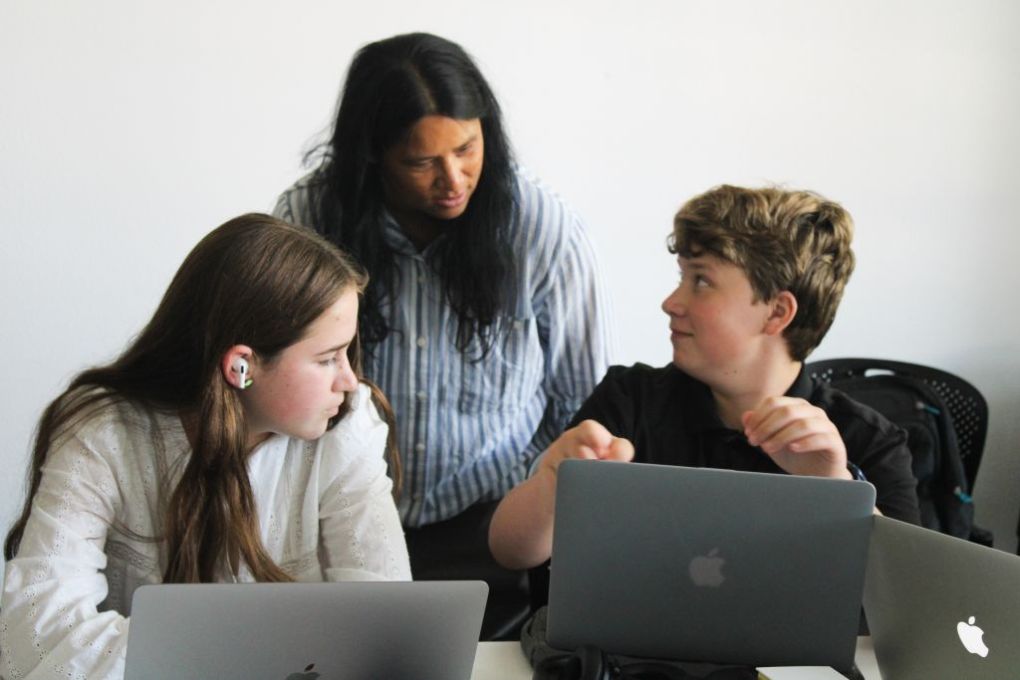News By Year and Month
Teen Author Suzette Sheft Turns Grandmother’s Holocaust Story into Acclaimed Novel
Suzette Sheft first recognized the importance of recording family history when it was already too late. As a young child, the New York City student had regularly listened to her father’s stories, but…
Friday, January 27, 2023
January 27 is International Holocaust Remembrance Day
January 27 is designated by the United Nations General Assembly as International Holocaust Remembrance Day.
Tied to the anniversary of the liberation of Auschwitz-Birkenau, the day commemorates…
Thursday, January 26, 2023
USC Shoah Foundation Releases Dimensions in Testimony Interview with Mona Golabek
USC Shoah Foundation today unveils a Dimensions in Testimony (DiT) interview with internationally celebrated author and concert pianist Mona Golabek.
Published on the Institute’s award-winning…
Thursday, January 26, 2023
Journalist Tom Tugend, 97, Chronicled Founding and Evolution of USC Shoah Foundation
USC Shoah Foundation mourns the December 7, 2022 passing of Tom Tugend, a Berlin-born veteran of three wars and an award-winning journalist who fled the Nazi regime just months ahead of the outbreak…
Monday, January 23, 2023
Mona Golabek to Bring The Children of Willesden Lane to 50,000 Students, Educators in Texas
USC Shoah Foundation partner and celebrated author, performer and concert pianist Mona Golabek this week brings her virtual, theatrical performance based on The Children of Willesden Lane book to 50…
Monday, January 23, 2023
Honoring Sisterhood with Zikaron BaSalon
Equipped with blankets and snacks and dressed in pajamas, 24 young women of USC’s Gamma Phi Beta settled into the living room of their sorority house last fall to watch a video of Edith Eger telling…
Thursday, January 19, 2023
USC Shoah Foundation Ramps Up Survivor Testimony Collection Efforts with New ‘Memory Studio’
Gerald Szames chokes up easily, especially when talking about his mother. So for years, his daughter has taken it upon herself to tell her father’s story of surviving the Holocaust as a small boy…
Thursday, January 19, 2023
Academic Fellows Convene to Develop Testimony Based Curriculum on Nazi Medical Experiments
A group of Bioethics and the Holocaust Fellows recently gathered at USC Shoah Foundation headquarters in Los Angeles to develop content for new curriculums that will feature Visual History Archive…
Wednesday, January 18, 2023
Deadline Extended to February 15, 2023: Call for Applications for USC Shoah Foundation Robert J. Katz Research Fellowship in Antisemitism Studies
USC Shoah Foundation invites applications from advanced-level PhD candidates for the 2023-2024 USC Shoah Foundation Robert J. Katz Research Fellowship in Antisemitism Studies.
The fellowship is…
Wednesday, January 11, 2023
New Webinar Series to Train Educators to Recognize, Respond to Antisemitism
A partnership including USC Shoah Foundation next week holds its first professional development webinar to train teachers to recognize and respond to antisemitism with their students.
The…
Thursday, January 5, 2023
